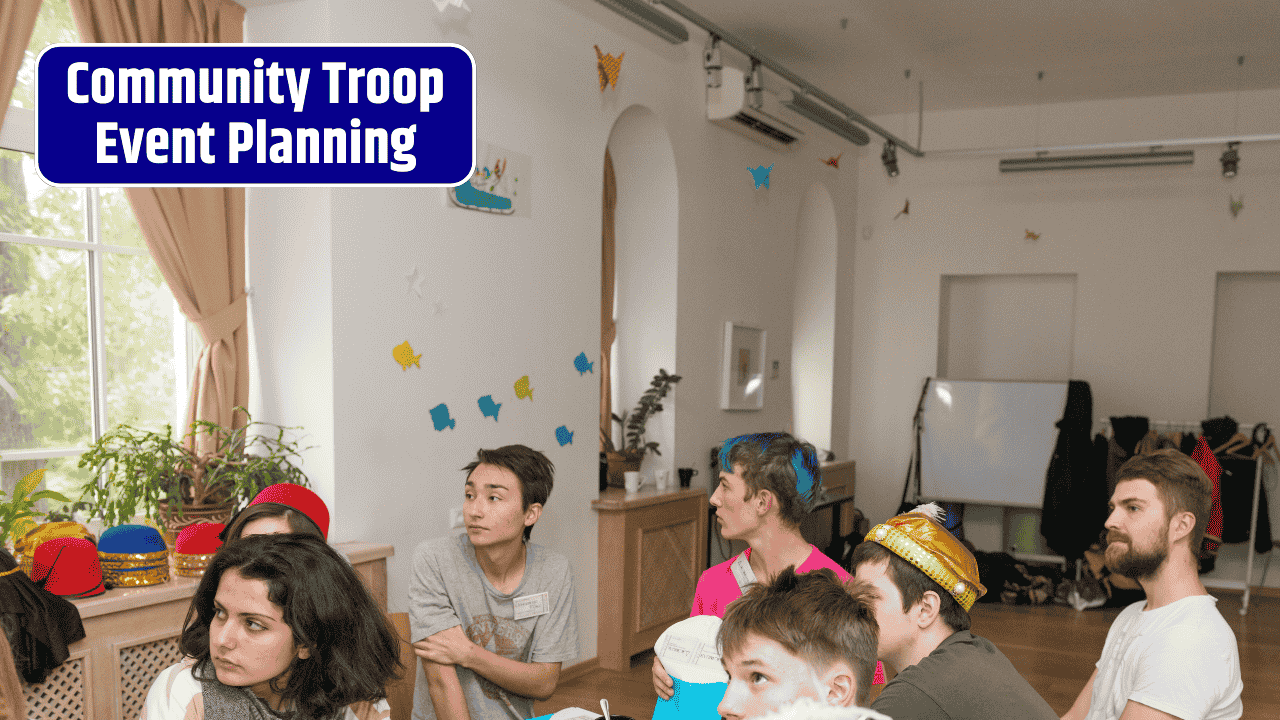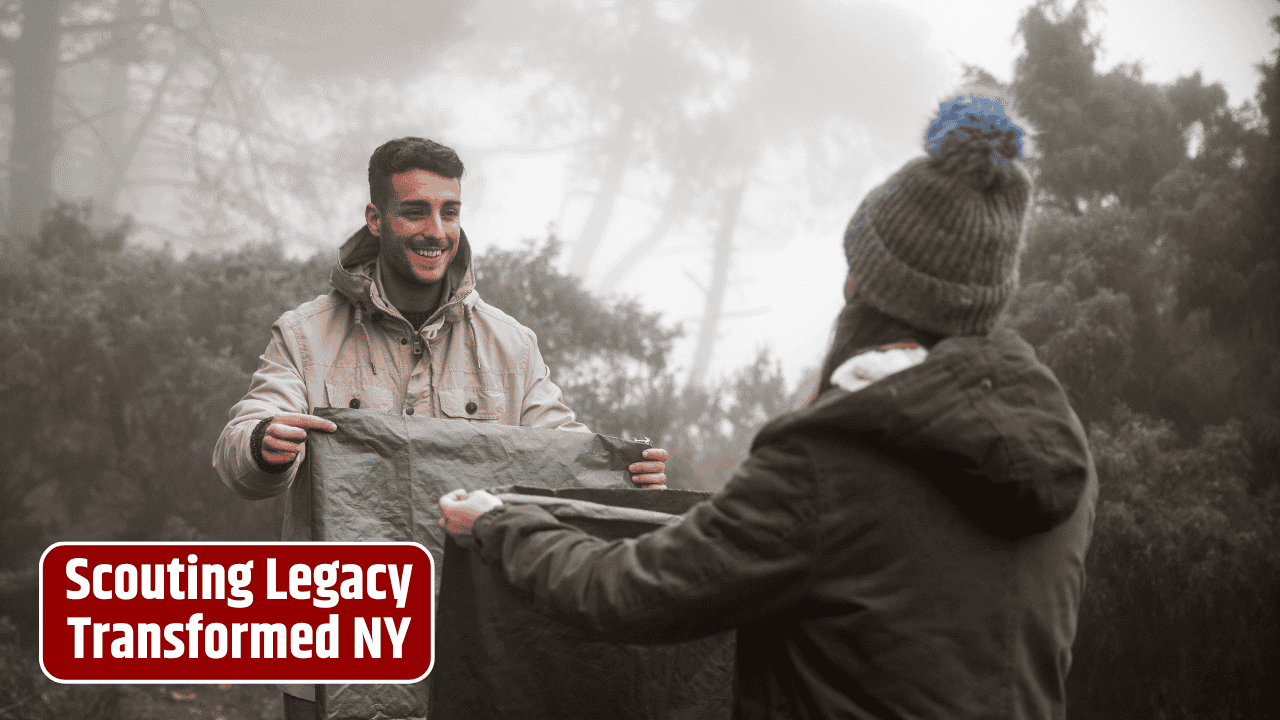Scouts across the country have long been champions of conservation, but today, their commitment to protecting the planet is more vital than ever. With climate change and environmental degradation accelerating, many Scout troops are taking action through hands-on, local eco projects that both educate and make a real difference in their communities.
The Scout Law and Environmental Stewardship
A core principle of the Scout Law is to “leave no trace”—a philosophy that encourages Scouts to minimize their environmental impact. This ethic doesn’t stop at camping trips. It’s extended into everyday life, motivating Scouts to lead by example in conserving natural resources, protecting wildlife, and promoting sustainability in their local neighborhoods.
Popular Local Eco Projects by Scouts
Scouts participate in a variety of eco-friendly initiatives tailored to the needs of their specific communities. These projects not only improve the environment but also help Scouts earn badges, develop leadership skills, and understand the impact of environmental action.
1. Tree Planting Initiatives
Planting trees helps offset carbon emissions, provides habitats for wildlife, and improves air quality. Many Scout troops organize seasonal tree-planting events in local parks, schoolyards, and community centers.
2. Stream and Trail Clean-Ups
By removing trash and invasive species from creeks, rivers, and hiking trails, Scouts help preserve vital ecosystems. These efforts also raise awareness about littering and the importance of keeping public spaces clean.
3. Recycling Programs
Scouts often initiate or support local recycling drives, collecting plastics, electronics, or even old clothes. These campaigns not only reduce landfill waste but also encourage community participation in sustainable habits.
4. Building Birdhouses and Pollinator Gardens
Scouts frequently construct birdhouses, bee hotels, and butterfly gardens to support declining pollinator populations. These projects can be done in collaboration with local environmental groups or schools, providing a lasting benefit for local biodiversity.
5. Water Conservation Campaigns
Some troops focus on educating their community about water conservation through public signage, school presentations, or installing rain barrels at community gardens.
Benefits Beyond the Environment
Local eco projects empower Scouts in multiple ways:
| Benefit | Description |
|---|---|
| Leadership Development | Organizing and managing a project fosters decision-making and collaboration. |
| Community Engagement | Projects bring Scouts closer to local residents and leaders. |
| Lifelong Skills | Scouts learn practical skills like planting, building, and environmental science. |
| Civic Responsibility | Encourages youth to be active, informed citizens invested in their community. |
Partnering With Local Organizations
Many Scout troops work alongside environmental nonprofits, city departments, and local businesses. These partnerships can amplify the impact of eco projects by providing resources, funding, and educational opportunities. Whether it’s teaming up with a wildlife conservation society or collaborating with the parks department, these alliances often lead to more effective and sustained outcomes.
Scouting isn’t just about knots and compasses—it’s about building a better world. Through meaningful local eco projects, Scouts are proving that even small actions, when rooted in service and commitment, can lead to lasting environmental change. Their dedication not only shapes the communities they serve but also shapes them into responsible stewards of the Earth.
FAQs
What age groups can participate in Scout eco projects?
Most projects are designed to be inclusive for all age levels, from Cub Scouts to Eagle Scouts, with responsibilities adjusted by age.
Do Scouts receive badges for environmental work?
Yes, many eco projects align with merit badges like Environmental Science, Sustainability, or Forestry.
Can non-Scouts join or support these projects?
Absolutely. Many Scout-led initiatives welcome community volunteers and sponsors.
How do Scouts choose which eco projects to work on?
Project selection is often guided by local environmental needs, Scout interests, and opportunities for partnerships.
Are these projects only short-term?
While some are one-day events, many Scouts aim for long-term impact through recurring clean-ups or permanent installations like gardens or birdhouses.









